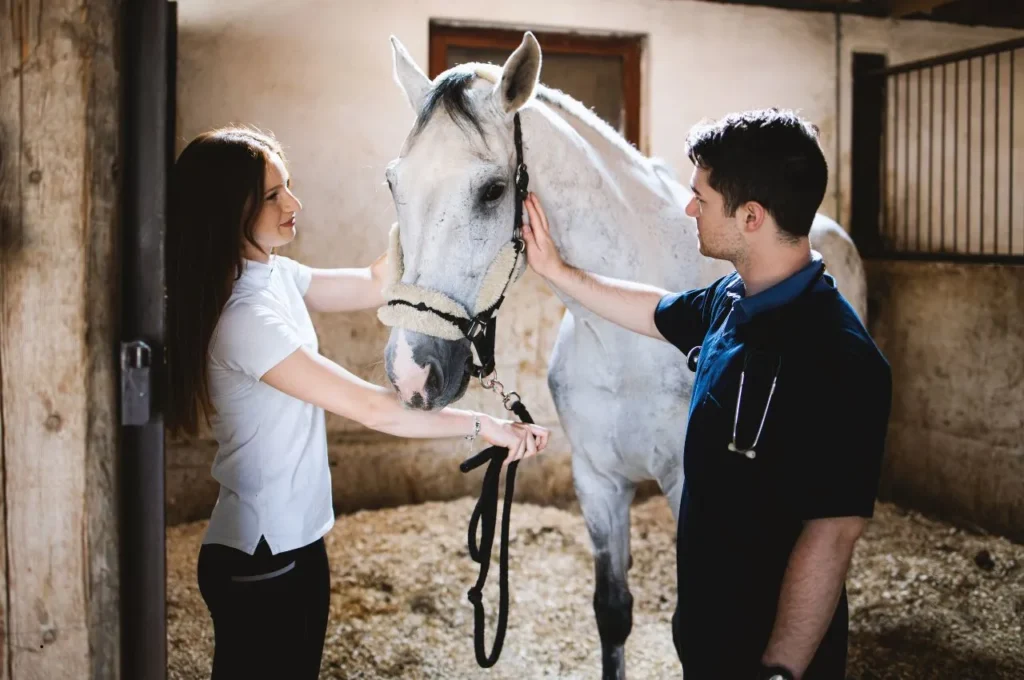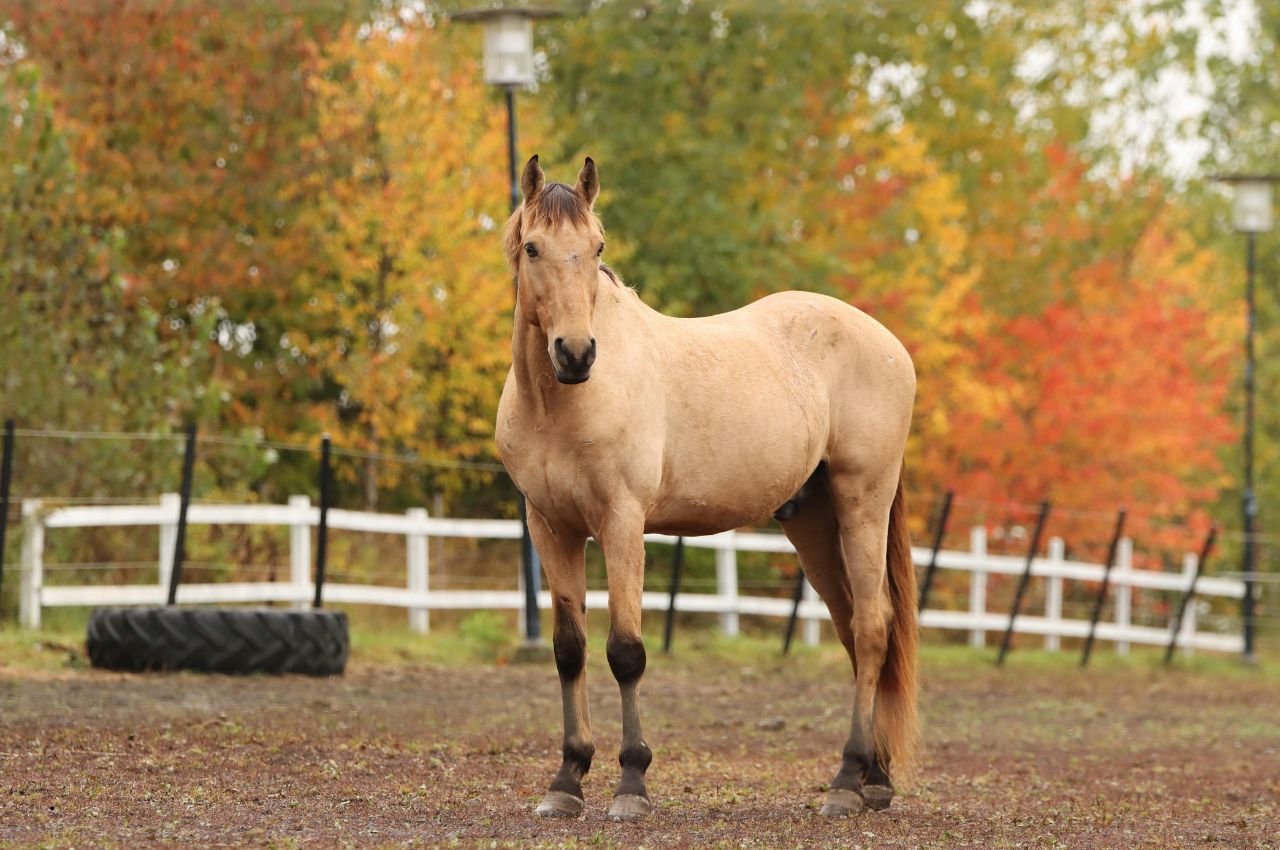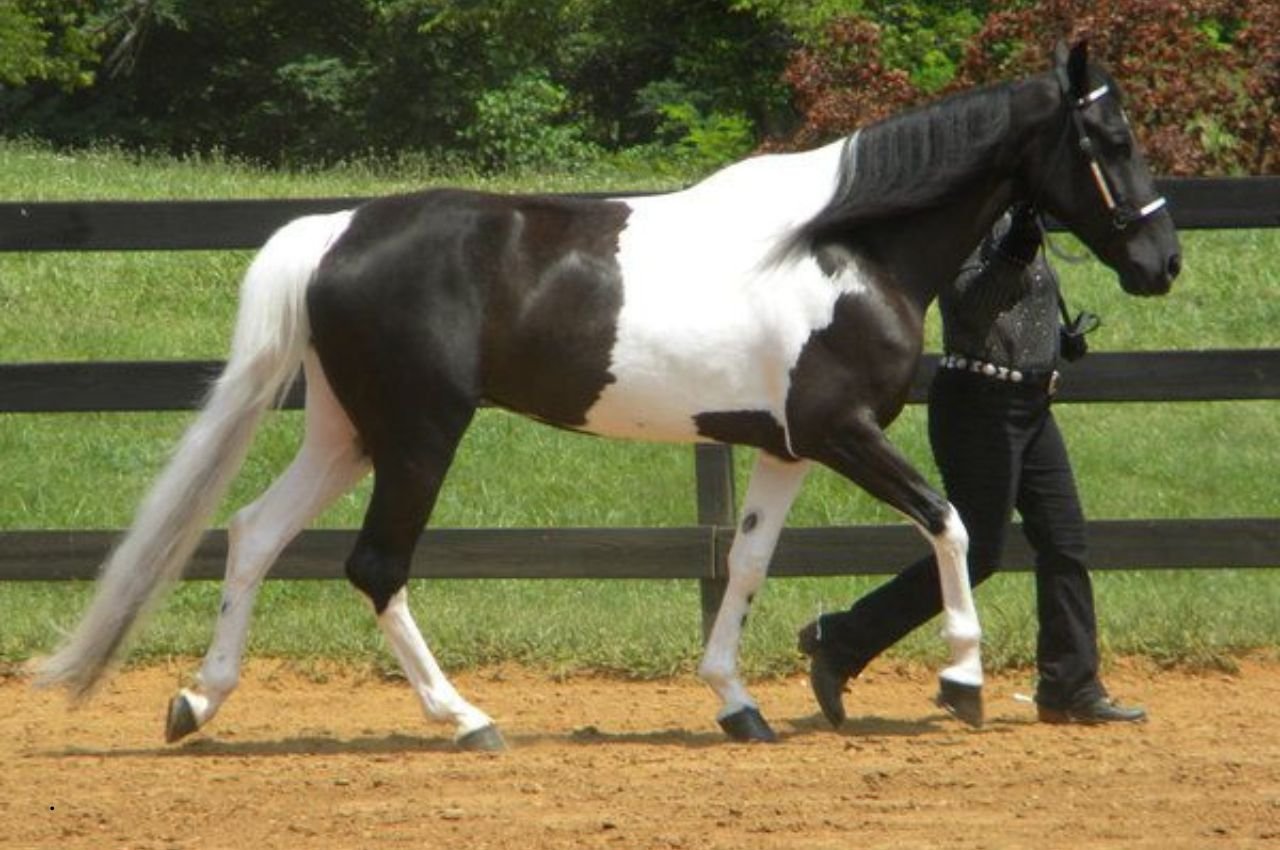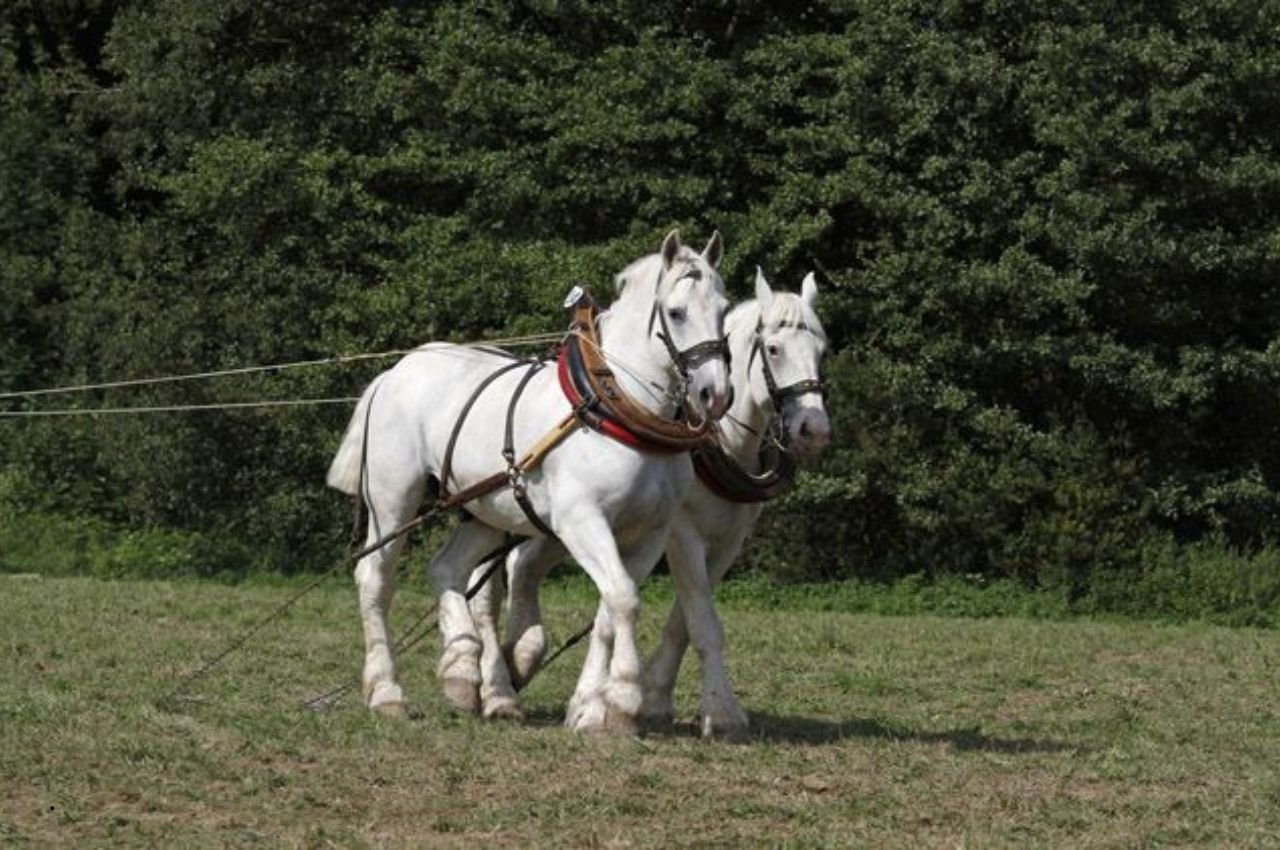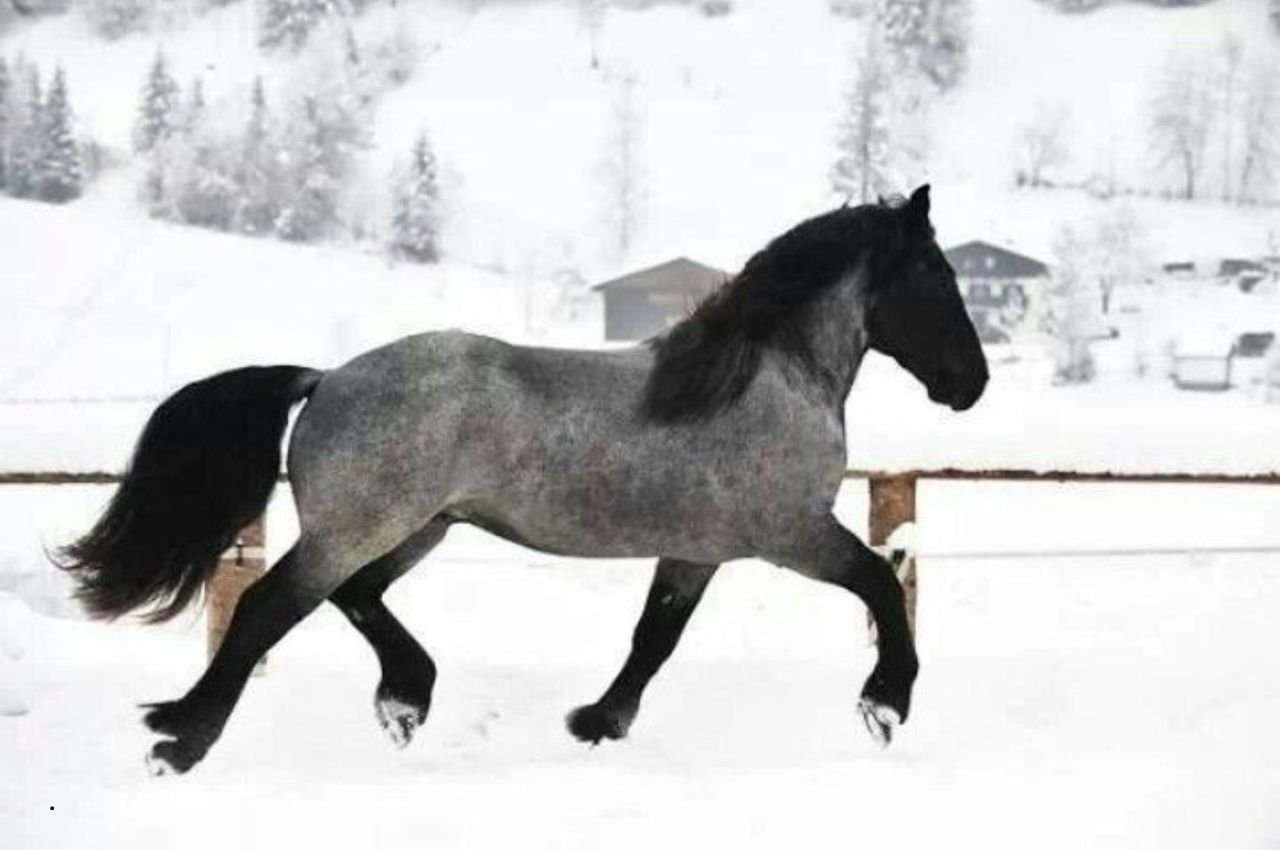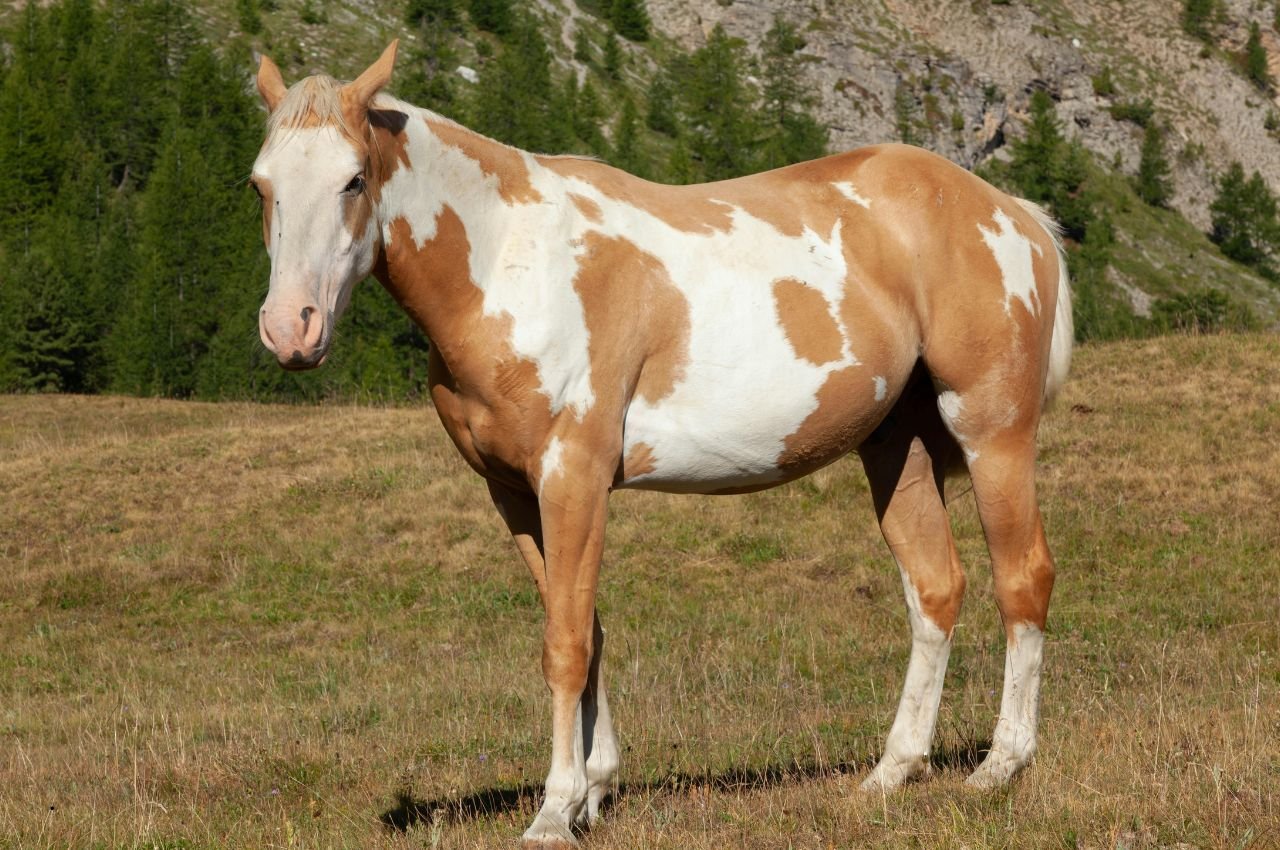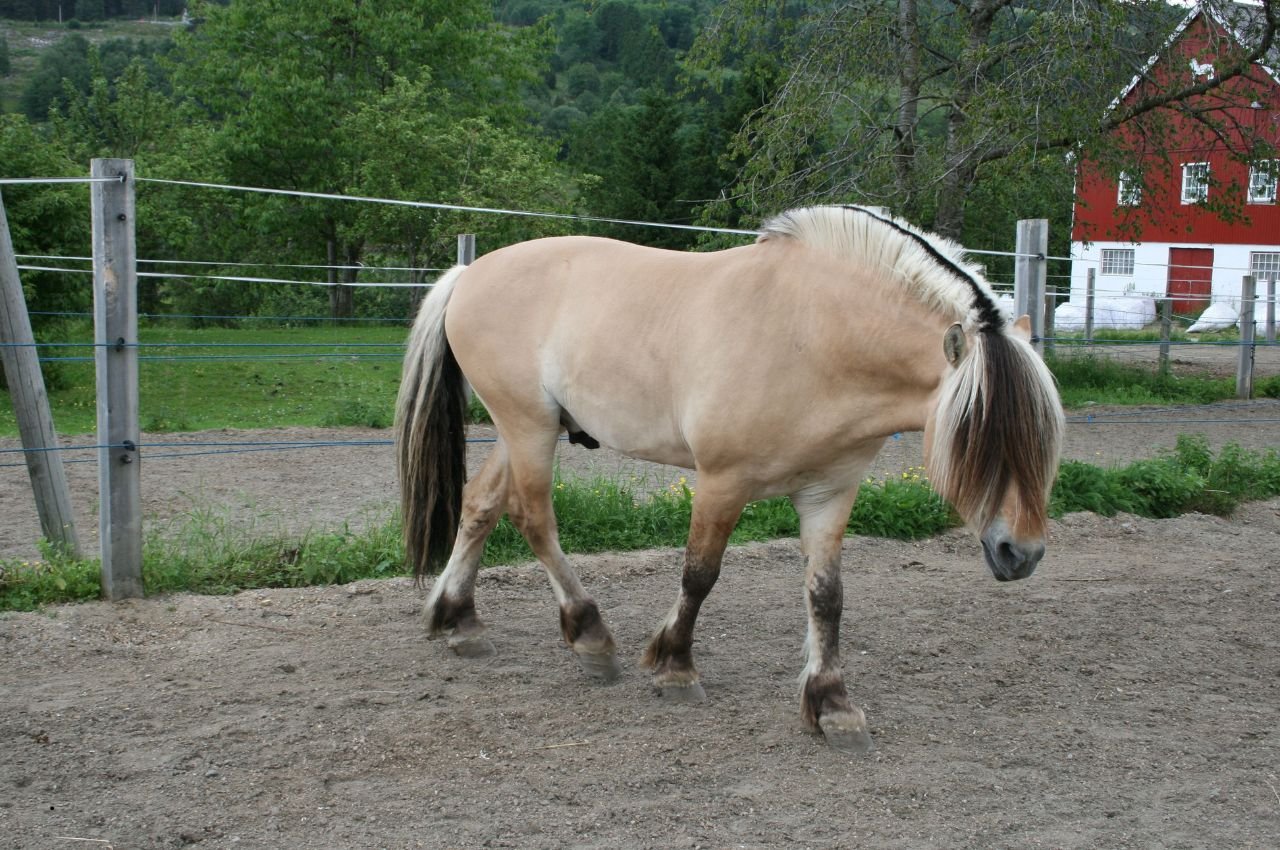Horses are magnificent creatures, but they can’t speak up when something is wrong. As a horse owner, it’s crucial to be aware of the subtle and not-so-subtle signs that indicate your horse may be experiencing health issues. Detecting problems early can prevent more serious conditions and ensure your horse remains comfortable and happy.
In this blog, we will cover 10 warning signs that every horse owner should watch out for. These signs should not be ignored, as they can indicate underlying health problems that require immediate attention.
1. Changes in Eating Habits
One of the first signs that something is wrong with your horse is a change in their eating habits. Horses are creatures of routine, and any deviation from normal eating patterns should raise a red flag.
- Decreased appetite: A horse that refuses food or drinks less water than usual may be suffering from dental issues, colic, or digestive problems.
- Sudden increase in appetite: On the other hand, an increase in appetite may indicate issues such as parasites or metabolic disorders.
If your horse is consistently eating less or more, it’s best to contact a veterinarian to determine the cause.
2. Lameness or Limping
Lameness or limping is a clear sign of discomfort and should never be overlooked. Horses can become lame for several reasons, ranging from simple bruises to more serious conditions like fractures, arthritis, or tendon injuries.
- Sudden lameness: If your horse starts limping or refuses to put weight on a limb, check for injuries such as cuts, swelling, or heat in the area.
- Chronic lameness: Chronic lameness could indicate ongoing issues like joint degeneration or tendon damage, which requires professional evaluation.
Always seek prompt veterinary attention if your horse is showing signs of lameness.
3. Changes in Behavior
Horses are naturally social, and a sudden change in their behavior can indicate something is wrong. Horses may become irritable, aggressive, or withdrawn due to pain, discomfort, or stress.
- Aggression or irritability: If your normally docile horse becomes unusually aggressive, it could be a sign of pain, illness, or a neurological issue.
- Lethargy or withdrawal: A horse that is normally energetic but suddenly becomes lethargic or withdrawn may be experiencing discomfort or stress.
Behavioral changes are often linked to underlying health problems, so it’s important to monitor any shift in temperament closely.
4. Coughing or Nasal Discharge
Coughing or nasal discharge may indicate respiratory issues, such as infections, allergies, or irritants in the environment.
- Frequent coughing: A horse that is coughing frequently may have respiratory issues like pneumonia, equine influenza, or a simple cold.
- Nasal discharge: Clear or colored nasal discharge can be a sign of respiratory infections, such as a cold, or even more serious conditions like sinusitis or pleuropneumonia.
If coughing or nasal discharge persists, consult with a veterinarian to diagnose the problem.
5. Excessive Sweating
Horses sweat naturally, especially after exercise, but excessive sweating or sweating in cooler temperatures can be a sign of illness.
- Sweating without exercise: If your horse is sweating excessively without any physical activity or in cool weather, this could indicate a fever or metabolic disorder.
- Sudden increase in sweating: Horses with laminitis or other systemic illnesses often sweat more than usual, so pay attention to any changes in their sweating patterns.
Excessive sweating, especially when not caused by exercise, should not be ignored.
6. Abnormal Droppings or Urination
Changes in your horse’s droppings or urination habits can be a clear indication that something is wrong.
- Diarrhea or changes in manure consistency: If your horse’s droppings become loose or unusually dry, it could be a sign of digestive issues, such as colic, parasites, or infections.
- Difficulty urinating or blood in urine: If your horse is straining to urinate, or if there is blood in the urine, it could indicate urinary tract infections, kidney problems, or other serious conditions.
Monitor your horse’s waste closely for any signs of abnormality and seek immediate attention if needed.
7. Weight Loss or Poor Coat Condition
A horse’s coat is a reflection of its overall health. Significant weight loss or poor coat quality can signal underlying health problems.
- Sudden weight loss: If your horse is losing weight without changes in diet or exercise, it could be a sign of parasitic infestation, metabolic disorders, or more serious conditions such as cancer.
- Dull or patchy coat: A dull, patchy, or dry coat can indicate nutritional deficiencies, hormonal imbalances, or skin conditions.
If you notice any significant changes in your horse’s weight or coat, it’s important to address the issue promptly.
8. Frequent Rolling or Pawing the Ground
Frequent rolling or pawing the ground is often a sign of discomfort, particularly in the abdomen, and may indicate colic, which is a medical emergency in horses.
- Rolling or pacing repeatedly: Colic causes severe abdominal pain, and affected horses may roll, kick at their belly, or attempt to lie down and get up frequently.
- Pawing or restless behavior: If your horse is consistently pawing at the ground or acting restless, it could be a sign of discomfort, often related to gastrointestinal issues.
If your horse is showing signs of colic, call a veterinarian immediately, as prompt treatment is essential.
9. Changes in Gait or Movement
Horses move in a graceful and predictable manner, so any change in gait or movement should be taken seriously. This can indicate pain, injury, or neurological issues.
- Stiffness or limping: If your horse moves stiffly, has trouble with a particular gait, or appears to be dragging a leg, it could be a sign of musculoskeletal or neurological issues.
- Difficulty transitioning gaits: Horses that have trouble transitioning from one gait to another may have joint, ligament, or tendon issues.
Any significant change in movement should prompt a check-up from your veterinarian.
10. Abnormal Breathing Patterns
A healthy horse breathes steadily and quietly, but changes in breathing patterns can indicate a range of health problems, from respiratory infections to heart issues.
- Labored breathing or wheezing: Labored breathing or wheezing can indicate respiratory distress, which could be caused by asthma, pneumonia, or allergies.
- Rapid or shallow breathing: Rapid, shallow breathing can be a sign of pain, fever, or distress, and should be addressed immediately.
If you notice any abnormalities in your horse’s breathing, it’s important to seek veterinary assistance.
Conclusion
Horses are stoic creatures, and many health issues can go unnoticed until they become severe. Being vigilant about changes in your horse’s behavior, eating habits, movement, and physical condition is key to preventing more serious problems. The 10 warning signs listed in this blog should not be ignored—early detection and treatment can make all the difference in your horse’s health and quality of life. If you notice any of these signs, contact your veterinarian as soon as possible to ensure your horse receives the care they need.
FAQs
How can I tell if my horse has colic?
Signs of colic include frequent rolling, pawing at the ground, restlessness, and abdominal discomfort. If your horse is showing these symptoms, contact a veterinarian immediately.
What should I do if my horse is coughing or has nasal discharge?
Persistent coughing or nasal discharge may indicate a respiratory infection or other health issues. Consult with your veterinarian for a diagnosis and treatment.
How can I prevent my horse from losing weight?
Ensure your horse is on a balanced, nutrient-rich diet and that they are free from parasites. Weight loss can indicate underlying health issues, so consult your vet if the issue persists.
What causes lameness in horses, and when should I call the vet?
Lameness can be caused by injuries, infections, or joint problems. If your horse is limping or refusing to bear weight on a limb, contact your veterinarian for an evaluation.
Why is my horse’s coat dull and unhealthy?
A dull coat can indicate poor nutrition, parasites, or underlying health issues. If the condition persists, consult your veterinarian to address the root cause.

